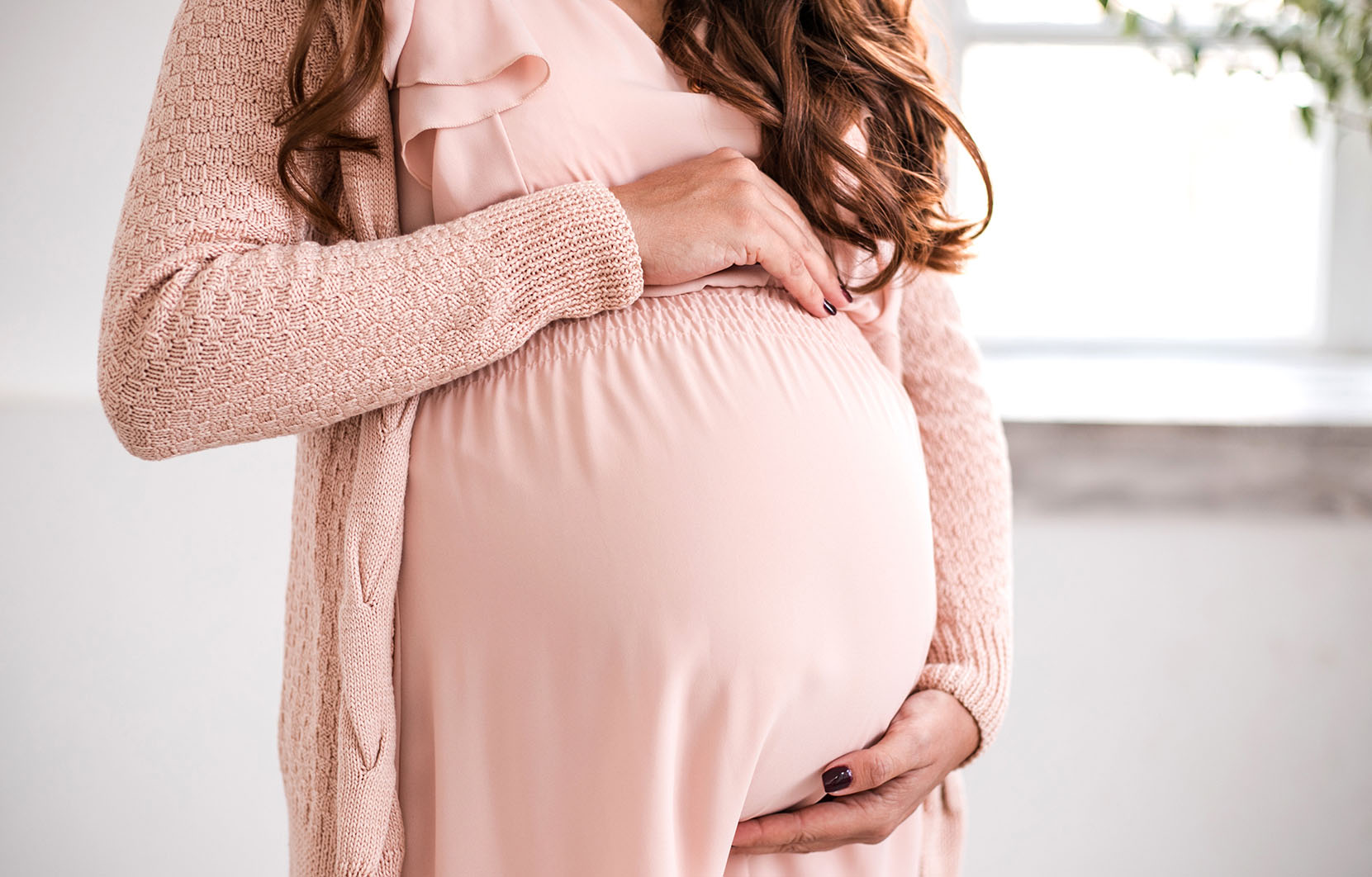Vaginal swabs
Infections such as Chlamydia, which often cause few or no symptoms, can be checked for in pregnancy, though we usually wait until between 12 and 18 weeks to screen for this.
Anatomy scan
This is a detailed scan at 18 to 20 weeks to check baby’s brain, heart, spine and other important organs. The great majority of babies will be normal and couples find an anatomy scan very reassuring.
Occasionally, an abnormality is detected and this can have important implications for your baby’s care. For example, it may be necessary to arrange for baby to have a surgical procedure soon after birth. Some couples are very anxious that a severe abnormality will be found and a termination suggested. This is a very rare event and in most cases finding an abnormality can help paediatricians plan any treatment baby might need after it is born.
It is also important to realise that not all abnormalities in a developing baby will be detected by an ultrasound scan.
It is often possible to tell if baby is a boy or girl but this is not the main purpose of the scan. You may be offered a 4D ultrasound which will provide very detailed pictures of your baby but there is no particular medical reason to have a 4D scan.
Polycose test
This is done at 24 to 28 weeks of pregnancy to check if you are at an increased risk of developing gestational diabetes (diabetes in pregnancy). You will be given a sugary drink and an hour later some blood is taken. If your blood sugar is unexpectedly high you may need a further test called a Glucose Tolerance Test (GTT). For this test you will need to miss breakfast. Blood is taken to measure your “fasting” glucose levels before you are given a glucose drink and have more blood taken to measure glucose levels two hours later.
A positive polycose test is not a “panic situation” – about 10 to 15% of women will have a positive polycose test. Only about a third of women with a positive polycose test will go on to have gestational diabetes confirmed when they subsequently have a glucose tolerance test. We may advise women with an increased risk of developing gestational diabetes to have a GTT only instead of a polycose test first.
Gestational diabetes is associated with high blood sugars in pregnancy. Exposure to high sugar levels can result in baby becoming excessively large. Women who develop gestational diabetes are also at greater risk of developing diabetes in later life.
Blood group antibody screen, full blood count and ferritin levels
These are also checked at the same time as your polycose test to look for signs of anaemia and the development of antibodies to baby’s blood group.

